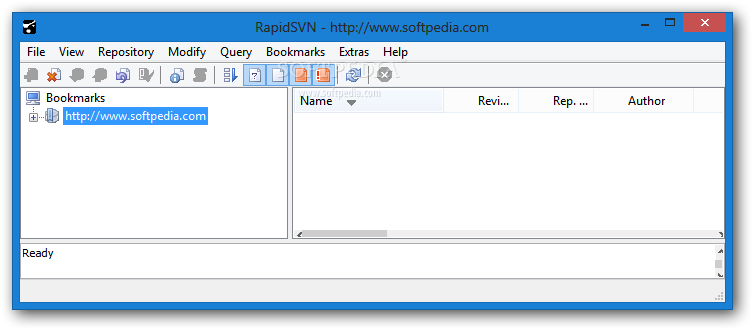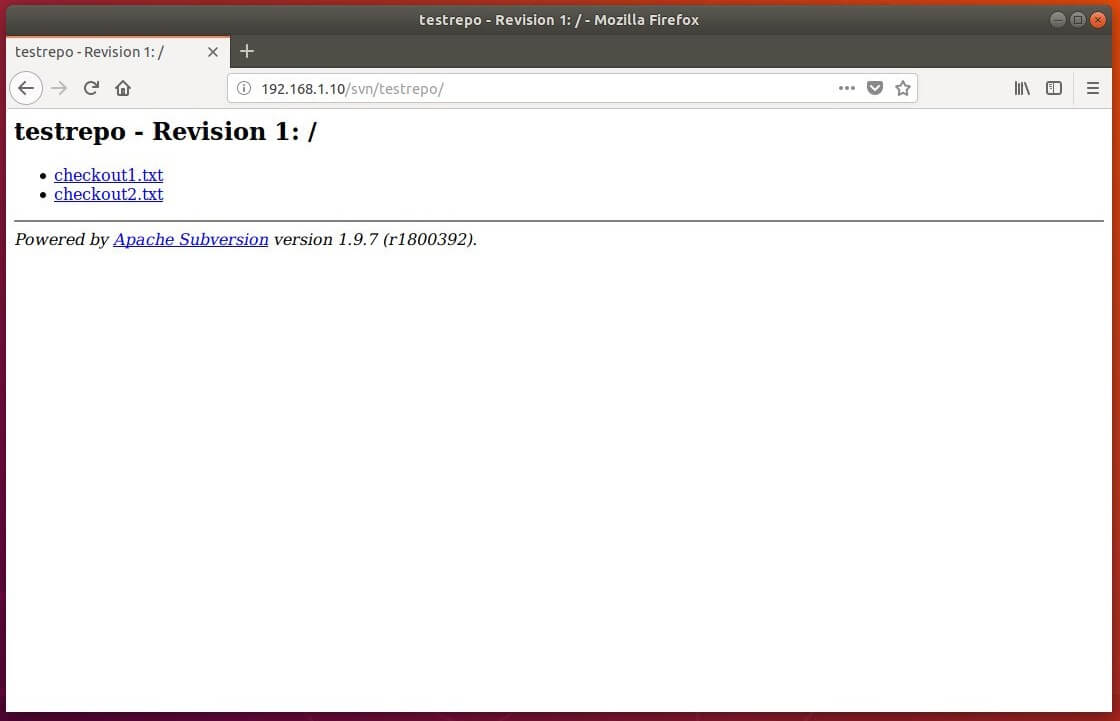
tmp/HelloWorld# svn list file:///tmp/repositorios/HelloWord/tags/ # list the content of the tag and trunk repository directory tmp/HelloWorld# svn commit -m "user.php recovered" tmp/HelloWorld# svn copy -r4 file:///tmp/repository/HelloWorld/trunk/cpanel/user.php cpanel not found error, but I'll follow with the case study): # copy file from repository revistion 4 to current version (doesn't work here. # came back to the current repository revistion (#5): # roll back to the repository revision 4: tmp/HelloWorld# svn commit -m "- user.php" tmp/HelloWorld# svn delete cpanel/user.php # delete the file user.php on the repository:
Rapidsvn ubuntu update#
# update to the previous svn commited version (it will bring user.php back): # remove "accidentally" a file and check the svn status: tmp/HelloWorld# svn commit -m "+ modulo usuario" tmp/HelloWorld# echo "" > cpanel/user.php # add a file to this new directory, check svn status, add the file to svn and commit: tmp/HelloWorld# svn commit -m "+ Diretorio cpanel" tmp/HelloWorld/cpanel# echo "" > cpanel.php # create a directory, write a file on it, add it to svn and commit: tmp/HelloWorld# svn commit -m "index.php modificado" # add a line to file in your working copy, check out the svn status and make a commit tmp/HelloWorld# svn checkout file:///tmp/repository/HelloWorld/trunk. # delete your working project and checkout a working copy from the repository tmp/HelloWorld# ls -lh /tmp/repository/HelloWord/ file:///tmp/repository/HelloWorld/ -m "Importacao Inicial" # import your working project directory to svn (carefull with the three slashes): tmp/HelloWorld/trunk# echo "" > index.php # create a project directory with the standard directory structure: tmp/repository# svnadmin create HelloWorld So let’s show a simple case study presented in SVN command line Ultimolog blog (portuguese). tags: store the stable versions of the project, such as 1.0, 2.0.branchs: used to make a test on the current project without corrupt the current version.

Rapidsvn ubuntu code#
Despite it be more used to code versioning, it can be applied to any file type.

It maintain the current and historical versions. Trying to clean up the mess I test some linux tools to help versioning, instead of renaming files with intuitive names like v1, v2, final-v1 and so.


 0 kommentar(er)
0 kommentar(er)
